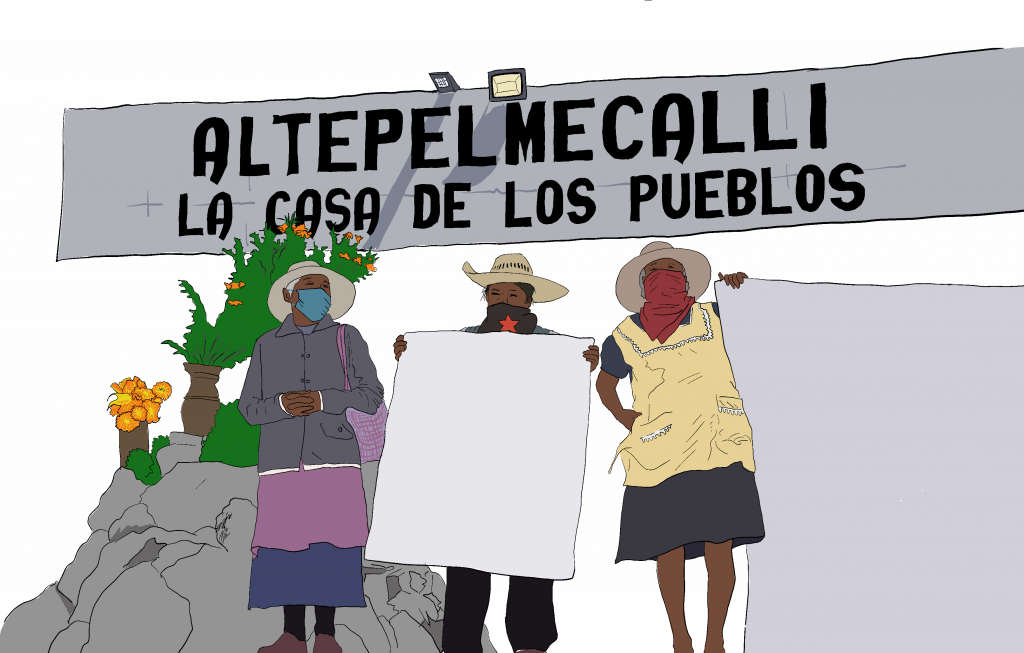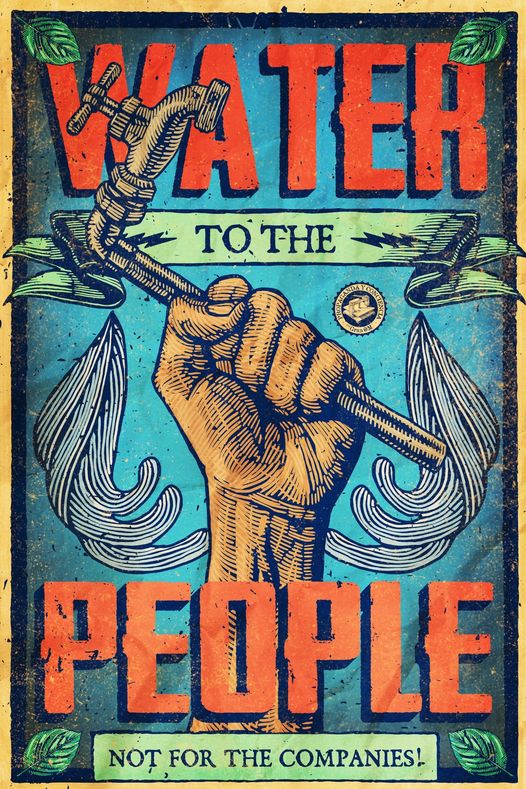
By Raul Zibechi
In the hegemonic political culture, the notions of triumph and failure, victory and defeat, usually allude to very concrete situations, generally linked to the final objectives of the actors at stake.
The concept of victory is applied to the wide range that goes from electoral triumph to the seizure of power as a consequence of an uprising or a popular war, as happened in 1979 in Nicaragua, and before that in many other countries. However, on more than a few occasions, victories, let’s say tactical or punctual, are celebrated when certain laws are passed or important difficulties are overcome.
Defeats, on the other hand, enjoy such a bad reputation that they are rarely assumed by those responsible for them, who, on the contrary, tend to attribute them to external factors beyond their control.
The electoral defeat of the Sandinista Front in 1990, to continue with the same example, was so brutal that it paralyzed its actors rather than encouraging a deep reflection as to its reasons. The triumph of the Russian revolution in 1917 and the dissolution of the Soviet Union in 1991 can be read in the same way, which in many analyses is often attributed to treason by the then president Boris Yeltsin.
At this moment it is not the trajectory of Sandinismo or other victories/defeats that moves me to write these lines, but something much more recent and, I believe, transcendent: the eviction of the Casa de los Pueblos, Altepelmecalli, in Puebla, by the National Guard and the state police to hand it over to the multinational Bonafont/Danone.
If we go by the usual political culture, we are facing a clear defeat for the 22 communities and the organization Pueblos Unidos that promoted the recuperation of the plant, and a triumph for the federal and state governments. On the other hand, the closure of the plant on March 22, 2021, International Water Day, should have been considered a victory.
I believe that things are completely different. I propose that we stop using arguments and concepts that, while adequate for reflecting on inter-state conflicts, or for those who aim to seize the State, are not at all adequate for dealing with the resistance of social movements and peoples in movement.
What would victory be for indigenous people? And defeat? It is evident that they do not relate to what the politicians of the system, or even their followers, celebrate or lament.
The objectives of the peoples do not have a fundamental relationship with external agendas, whether with electoral calendars, revolts to take power or to remove someone from power, but with what is most intimate and profound to a people: their survival as such, the endurance of what makes them continue to be peoples. That is, their difference with respect to the culture and the hegemonic ways, or from above.
The great defeat of a people would be its disappearance, the loss of territories, language, ways of living and relating among its members and with its surroundings. Of course, they need to stop the infrastructure works in progress and put limits on the plunder. But they do not do it to get more visibility in the media from above or more bargaining power, but because the extractive economy of looting puts them at risk as peoples.

I want to insist that the ways of approaching the resistances of the native peoples, and those from below that resist, implies leaving aside the hegemonic culture (of the media, the political, the colonial and patriarchal) to understand the reasons and objectives for each action. The great triumph of the closing of the Bonafont well was that the wells of the peasants were once again filled with water and that this space of death became a space of life for all those who want to stop the looting.
Instead of victories or defeats, we can speak of steps forward, steps to the side, or setbacks, in the long walk of the peoples themselves. The resistance of the Nahua peoples of the Cholulteca region is decades old in its current phase and centuries if we follow the trail of its history.
Other criteria are needed to measure the progress or setbacks of those below: how is the organization, how are their hearts and spirits; how much do women and young people participate in the activities; are they still different because they respect their ways or are they beginning to lean back on the commercial aspect and open their territories to the logic of capital.
These are some of the factors that will allow them to continue to move forward, for as long as necessary.
In hegemonic politics, it is a matter of walking in a more or less straight line towards a goal, sometimes going through enormous sacrifices, to begin to rest (so it is imagined) when one comes to power.
In the logic of the peoples, as Old Antonio already showed, one walks in a roundabout way and never stops walking, because resisting and fighting is not a means to, but the chosen way of life in order to continue being.
This article was published in La Jornada on February 25th, 2022. https://www.jornada.com.mx/2022/02/25/opinion/016a1pol English translation by Schools for Chiapas.
